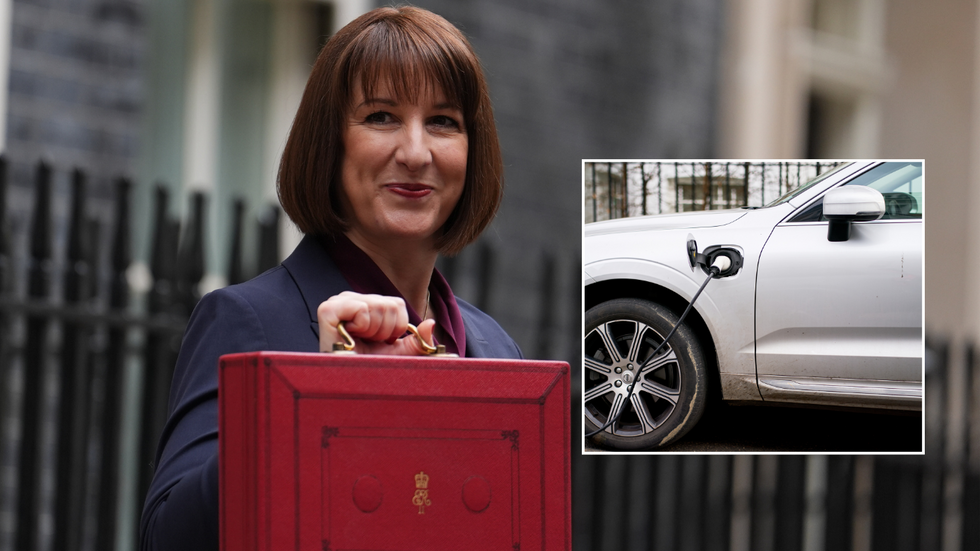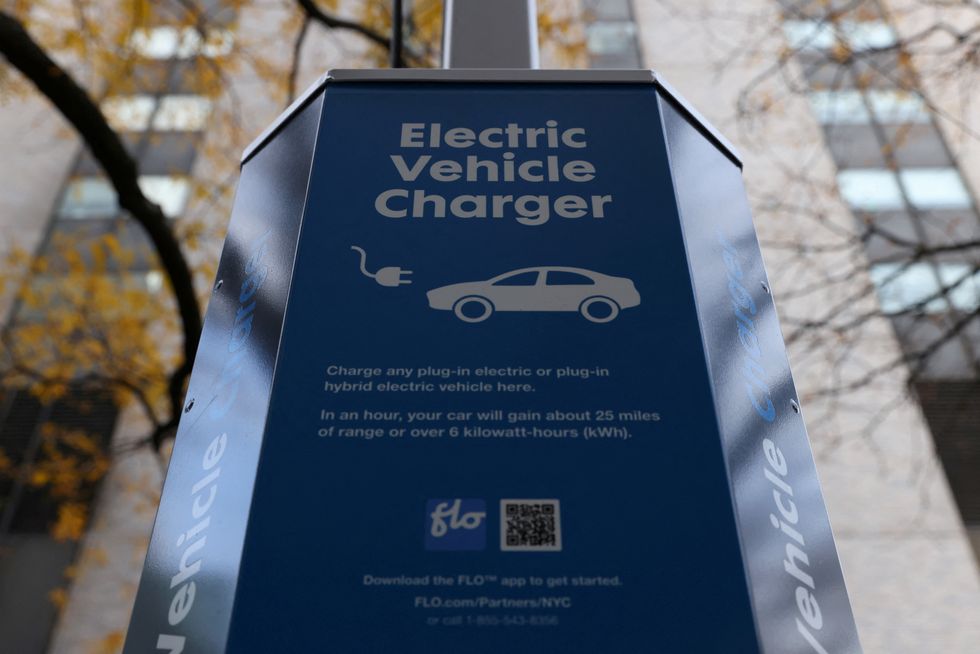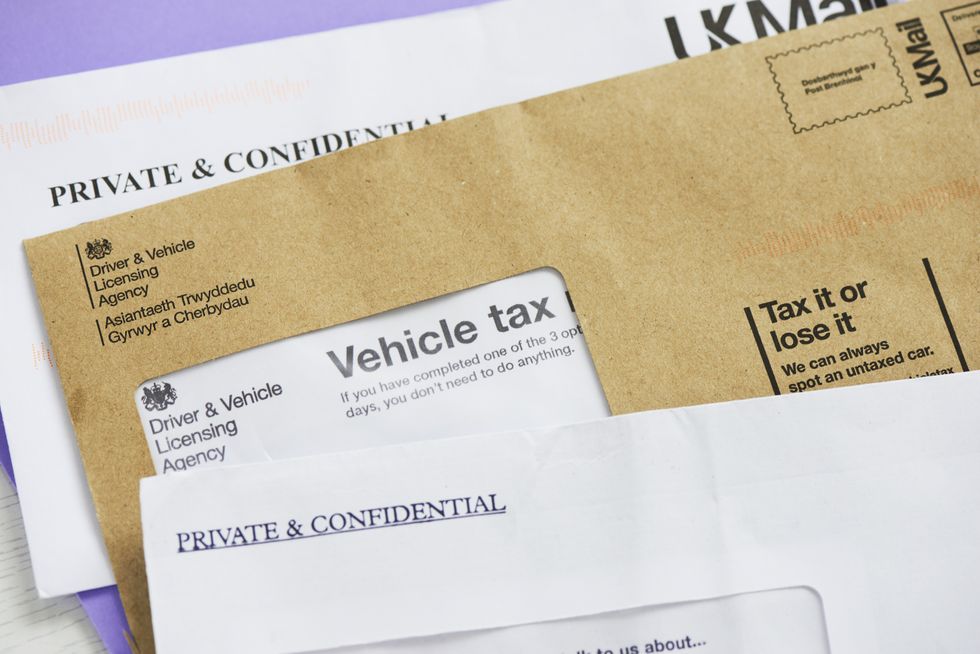Rachel Reeves's 'luxury' car tax 'dissuades' millions of drivers from buying electric vehicles
WATCH: Rachel Reeves announce car tax changes during the Autumn Budget
|GB NEWS

The National Franchised Dealers Association has called on the Chancellor to remove certain car tax burdens
Don't Miss
Most Read
Latest
Chancellor Rachel Reeves has been urged to remove some of the punishing car tax measures in place, which risk putting motorists off from purchasing an electric car.
As of April, electric vehicle owners are required to pay the Expensive Car Supplement for the first time, although experts now warn that it could throw off the progress made by fleets and carmakers in meeting the Zero Emission Vehicle mandate.
The Expensive Car Supplement, otherwise known as the "luxury" car tax, is applied to all vehicles priced over £40,000 and is a yearly fee of £425.
Experts warned that requiring electric vehicles to pay the new tax, drivers could be deterred from giving up their petrol and diesel cars.
Do you have a story you'd like to share? Get in touch by emailing motoring@gbnews.uk

The Expensive Car Supplement is imposed on all vehicles priced over £40,000
|PA/GETTY
The ZEV mandate requires all new car sales to be electric or hybrid by 2030, with at least 28 per cent electric this year, with car brands facing hefty penalties for failing to meet the requirements.
Sue Robinson, Chief Executive of the National Franchised Dealers Association, told GB News: "Through its parliamentary engagement programme, NFDA can voice and address the concerns of dealers across the UK. Naturally, one of these key points of discussion for our members is the Zero Emission Vehicle mandate.
"The Expensive Car Supplement is a noteworthy tax change which could potentially dissuade consumers from switching to electric, thus reinforcing the need for more incentives as a counterbalance."
Earlier this month, the NFDA held discussions with the Runnymede and Weybridge MP, Dr. Ben Spencer, regarding the automotive industry's key issues.

Experts have called for the Expensive Car Supplement to be removed for electric vehicle owners
| REUTERSThe ZEV mandate featured prominently in discussions with the association, stating that there needs to be more fiscal incentives for drivers to counter the impact of the April car tax changes.
The association also called on the Government to consider re-introducing its Plug-In Car Grant as an incentive. The grant was introduced in 2011 and provided a discount of up to £5,000 off the purchase price of the eligible electric car, the amount was later reduced to £2,500 in 2021 for electric vehicles priced under £35,000.
This could help entice consumers to turn electric as it helps offset some of the main costs.
Robinson added: "We continue to stress to the Government that there is a need to implement more fiscal incentives to match expected targets and counter the potential effects of April's policy changes on the EV market."
LATEST DEVELOPMENTS:
In response to drivers being forced to pay the luxury car tax, Vauxhall announced in April that it would slash the costs of its EVs so they would now all be valued at under £40,000.
Eurig Druce, Managing Director, Vauxhall, said: "With electric cars no longer exempt from Vehicle Excise Duty, Vauxhall is making electric mobility accessible and affordable for British drivers.
"The Vauxhall electric car range now sits below the £40,000 Expensive Car Supplement threshold, saving customers some £2,125 in road tax over the first few years of ownership."
The British carmaker also urged the Government to increase the supplement amount to reflect the inflated car prices, which would now have risen to at least £52,000.

Car tax changes for petrol, diesel and electric vehicles came into effect on April 1
| GETTYThe luxury car tax has remained at £40,000 since 2017, when the strategy changed to no longer align it with inflation, which experts have warned has caused many more drivers than necessary to be charged the surplus.
Chris Rosamond, current affairs and features editor at Auto Express, stated: "Levying what is basically a tax set on petrol cars eight years ago onto EVs today is unfair, especially when you consider the large sums involved; currently, it is £425 from years two to six, a total of £2,125 over five years."










